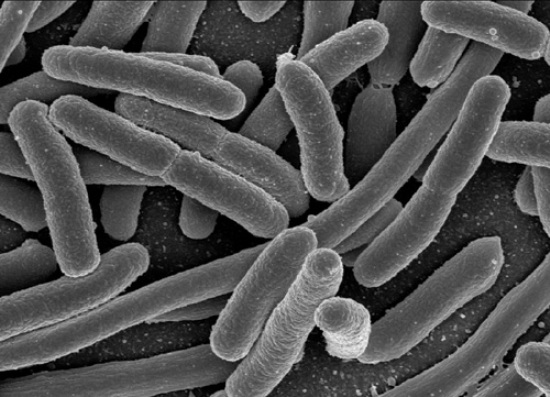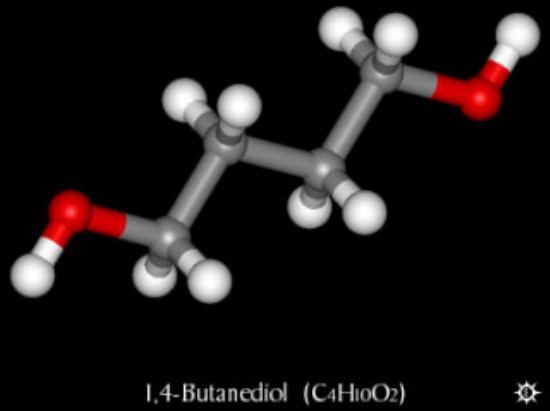
EcoFactor: Instead of depending on crude oil and natural gas to obtain the monomers for plastics, they could be synthesized by bacteria.
Scientists at San Diego-based sustainable chemical company Genomatica Inc. have made an interesting discovery of late. They have announced that Escherichia coli (E. coli), a bacterium generally found in the gut, could be genetically engineered to produce 1,4-Butanediol (BDO). BDO is a monomer, or building block, which can be used to synthesize a variety of plastics, rubber and synthetic fibers. BDO is naturally toxic to the bacterium but newer strains have been engineered such as to tolerate high levels of BDO. Since oil and gas are becoming scarcer by the minute, this discovery does come in handy, giving us the raw materials without resorting to depleting natural resources. In order to produce BDO on a large scale, the E. coli bacteria are cultivated in fermentation tanks on a diet of sugar and water and the BDO thus produced can be purified and separated. A pilot plant incorporating these aspects should be constructed soon.

The Dark Side: While I applaud any effort to reduce dependency on oil and natural gas, this invention has one very obvious flaw – facilitating the production of non-biodegradable plastics, which pollute and are difficult to get rid of, and are detrimental to the environment in general. I would rather scientists focus their efforts on producing biodegradable plastics like polylactide. Let’s hope we soon see bacteria producing these kinds of plastics instead.
Image
Source: Inventorspot




